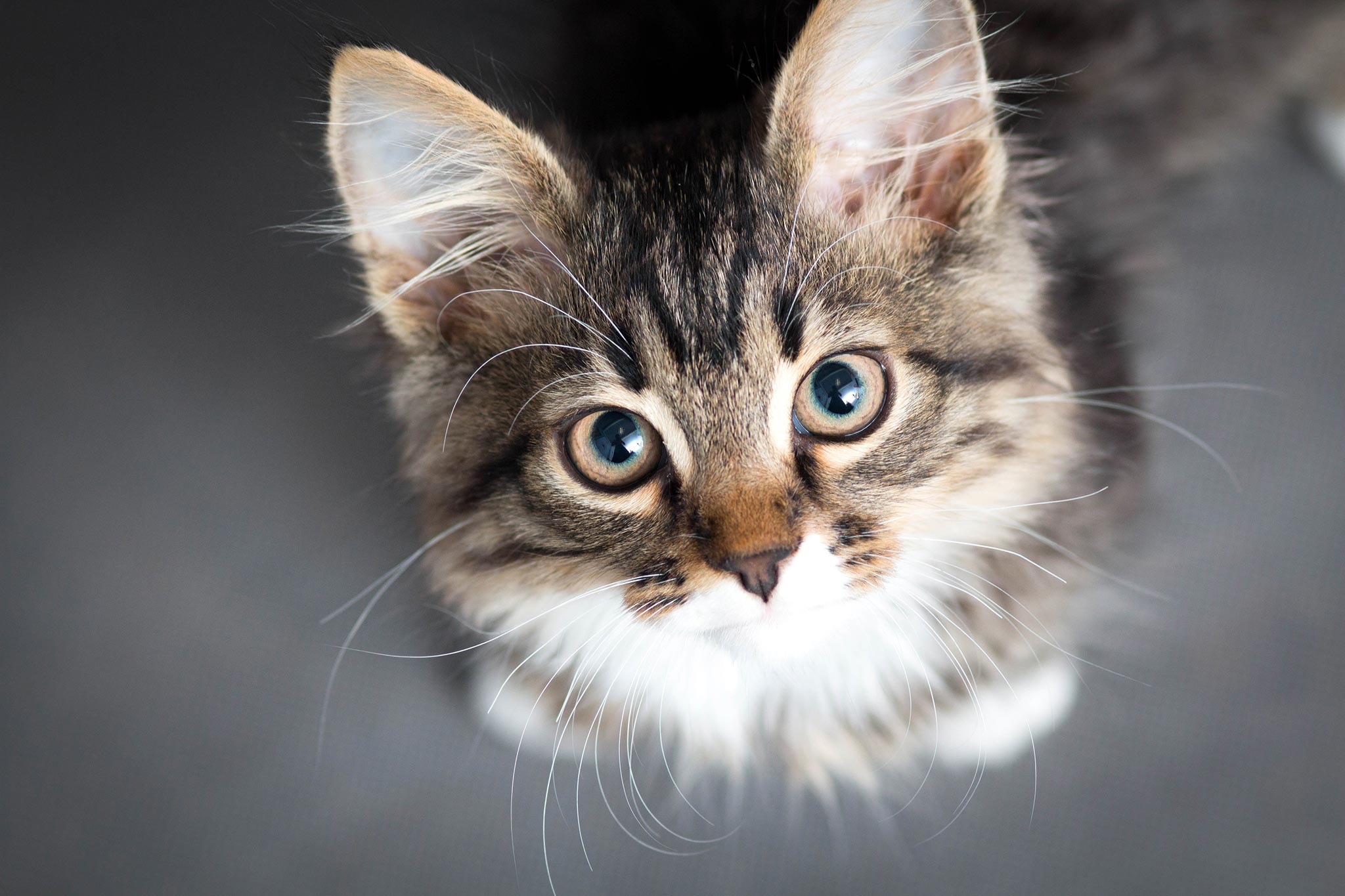When it comes to your beloved cat, knowing the early signs of kidney disease can make a big difference in their health and quality of life. Kidney disease is a common issue in cats, especially as they age. This blog aims to shed light on the signs of cat kidney disease, helping you understand when it might be time to reach out for professional help. If any of the signs mentioned here seem familiar, or if you’re concerned about your cat’s health, our team at Bayshore Veterinary Hospital in Holmdel, NJ, is here to assist. Feel free to give us a call at (732) 671-3110 for more information or to schedule an appointment.

Understanding Cat Kidney Disease
Kidneys play a crucial role in your cat’s body, filtering waste from the blood and balancing body fluids. However, when the kidneys aren’t working properly, toxins can build up in the bloodstream, leading to illness. Kidney disease can be acute, happening suddenly, or chronic, developing over time. While acute kidney disease can often be treated if caught early, chronic kidney disease is a lifelong condition that can be managed with the right care.
Early Signs to Watch For
Catching kidney disease early can significantly improve your cat’s outlook. Here are some signs to be on the lookout for:
- Increased Thirst and Urination: If you notice your cat is drinking more water than usual or making more trips to the litter box, it could be a sign of kidney trouble.
- Weight Loss and Decreased Appetite: A sudden disinterest in food or noticeable weight loss can also indicate kidney issues.
- Lethargy: If your cat seems less active or more tired than usual, it could be a sign their kidneys aren’t functioning properly.
- Bad Breath: A buildup of toxins in the blood can cause your cat’s breath to smell unpleasant.
- Vomiting or Diarrhea: These symptoms, while common to many conditions, can also occur with kidney disease.
Managing Kidney Disease in Cats
While there is no cure for chronic kidney disease, early detection and proper management can help maintain your cat’s quality of life. Treatment often involves dietary changes, medication to manage symptoms, and in some cases, fluids to help flush the kidneys. Regular check-ups with your vet are important to monitor the condition and make any necessary adjustments to the treatment plan.
Supporting Your Cat’s Kidney Health
There are steps you can take to support your cat’s kidney health:
- Hydration: Ensuring your cat has access to fresh water at all times can help support kidney function.
- Diet: Feeding a balanced diet formulated for kidney health can also make a big difference.
- Regular Vet Visits: Regular visits to the vet for check-ups can help catch any signs of kidney disease early.
Why Early Detection Matters
Early detection of kidney disease can greatly affect the management and outcome of the condition. If caught early, interventions can be more effective, potentially prolonging and improving the quality of your cat’s life. Always keep an eye out for the signs of kidney disease and maintain regular veterinary appointments.
Reach Out to Bayshore Veterinary Hospital
At Bayshore Veterinary Hospital, we’re committed to the health and happiness of your pets. If you’re worried about kidney disease or have noticed any of the signs mentioned, please call us at (732) 671-3110. Our experienced team is here to provide the care your cat needs. Together, we can work towards a healthy, happy life for your pet.
